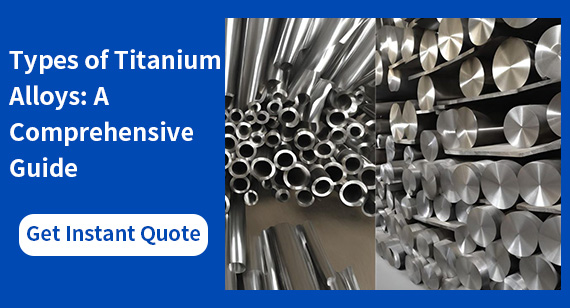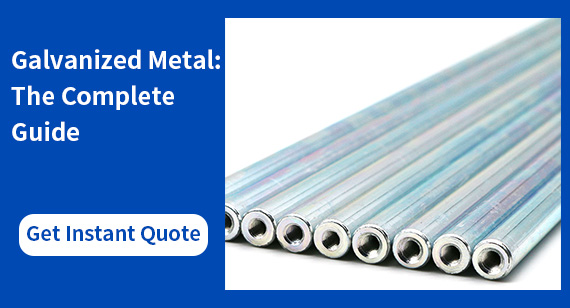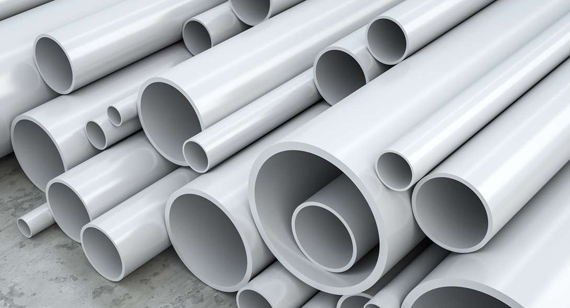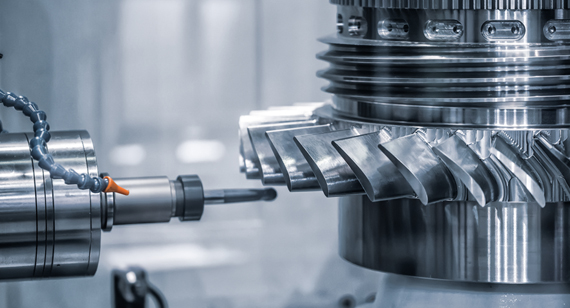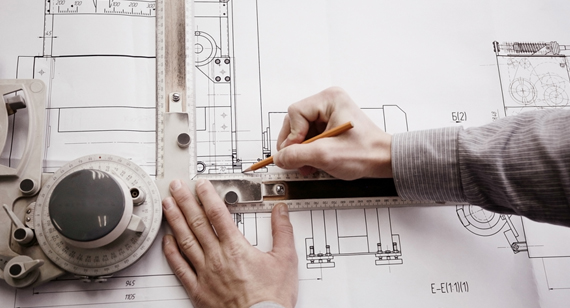15 years one-stop China custom CNC machining parts factory
The VMT blog is dedicated to sharing our hard-earned knowledge in prototype manufacturing. We hope these articles will help you optimize your product designs and gain deeper insight into the world of rapid prototyping. Enjoy the read!
Get an Instant Quote VMT
VMT  2024 08 31
2024 08 31 Black anodizing is a specialized surface treatment process widely used in the manufacturing industry, particularly in the production of high-performance, durable, and aesthetically pleasing parts. This process involves electrochemical conversion, which enhances the surface properties of metals, making them more resistant to corrosion, wear, and abrasion while providing an appealing black finish. Black anodized CNC machining parts are commonly used in various industries, including aerospace, automotive, electronics, and architecture, where both functionality and aesthetics are crucial. This article delves into the black anodizing process, exploring its different types, benefits, applications, and the step-by-step method of black anodizing materials, with a particular focus on CNC machined parts.
 66
66
 Read more
Read more
 VMT
VMT  2024 08 30
2024 08 30 Titanium alloys are indispensable materials in modern industries, known for their unique physical and chemical properties. This article provides a comprehensive introduction to the types, characteristics, applications, and machining techniques of titanium alloys, offering an in-depth guide for experts in CNC machining and parts manufacturing.
 66
66
 Read more
Read more
 VMT
VMT  2024 08 29
2024 08 29 Galvanized metal is an indispensable anti-corrosion material in modern industry, widely used across various fields. This article aims to provide a comprehensive guide on galvanized metal, covering its definition, galvanizing processes, different methods, advantages, industrial applications, and common FAQs. It serves as a thorough reference for experts and professionals in the CNC machining parts manufacturing industry.
 66
66
 Read more
Read more
 VMT
VMT  2024 08 28
2024 08 28 PVC (Polyvinyl Chloride) plastic is a widely used thermoplastic material that has been a cornerstone in various industries since its inception. From construction pipes to electrical cable insulation, from everyday consumer goods to high-end industrial components, PVC stands out for its unique material properties and broad application spectrum, making it indispensable in modern industry. This guide aims to provide an in-depth analysis of PVC plastic, covering its basic properties, types, manufacturing processes, advantages and disadvantages, machining techniques, and application scenarios. Additionally, it will offer insights on how to choose high-quality PVC parts customization services.
 66
66
 Read more
Read more
 VMT
VMT  2024 08 22
2024 08 22 Aerospace CNC machining refers to the high-precision and high-efficiency manufacturing process of complex components in the aerospace sector using Computer Numerical Control (CNC) technology. This process integrates advanced CNC technology, precise mechanical machining, and stringent quality control to meet the aerospace industry's demanding standards for performance, precision, and reliability. This comprehensive guide will cover the basics of aerospace CNC machining, material selection, process advantages, machining techniques, certification standards, surface treatments, machining tips, applications, and the critical importance of precision.
 66
66
 Read more
Read more
 VMT
VMT  2024 08 21
2024 08 21 In engineering design and manufacturing, selecting the appropriate fit is crucial to ensuring precise assembly, stable operation, and prolonged equipment life. A fit refers to the relationship between two or more parts (such as a hole and a shaft) when assembled, impacting the product's performance, reliability, and cost. This article will explore different types of fits, including interference fit, clearance fit, and transition fit, and how to achieve these fits precisely in CNC machined parts, providing guidance on choosing the right fit for your project.
 66
66
 Read more
Read more
 VMT
VMT  2024 08 20
2024 08 20 Tolerance stack-up is a critical concept in CNC machining and manufacturing, involving the cumulative effect of dimensional tolerances across multiple components during product design and assembly. During the assembly process, the dimensional tolerances of individual parts can impact the final product's dimensions and performance. Tolerance stack-up analysis aims to predict these cumulative effects using scientific methods to ensure that the product operates within design specifications. This article delves into the definition of tolerance stack-up, analysis methods, and best practices to help CNC machining professionals better understand and apply this crucial concept.
 66
66
 Read more
Read more
 VMT
VMT  2024 08 19
2024 08 19 In CNC part manufacturing, Geometric Dimensioning and Tolerancing (GD&T) is a crucial concept that ensures machining accuracy and the precise communication of design intent. Among the core elements of GD&T, flatness is a key parameter that measures the deviation of a part's surface from an ideal plane. This article aims to explore the definition, notation, and symbols of flatness in GD&T, as well as tolerance zones, application methods, and various measurement techniques. It also addresses common questions about flatness, helping CNC professionals better understand and apply this important concept.
 66
66
 Read more
Read more
Ready To Start Your Next Project?
Get Instant Quote

Request a Free Quote
Send us a message if you have any questions or request a quote. We will get back to you ASAP!

